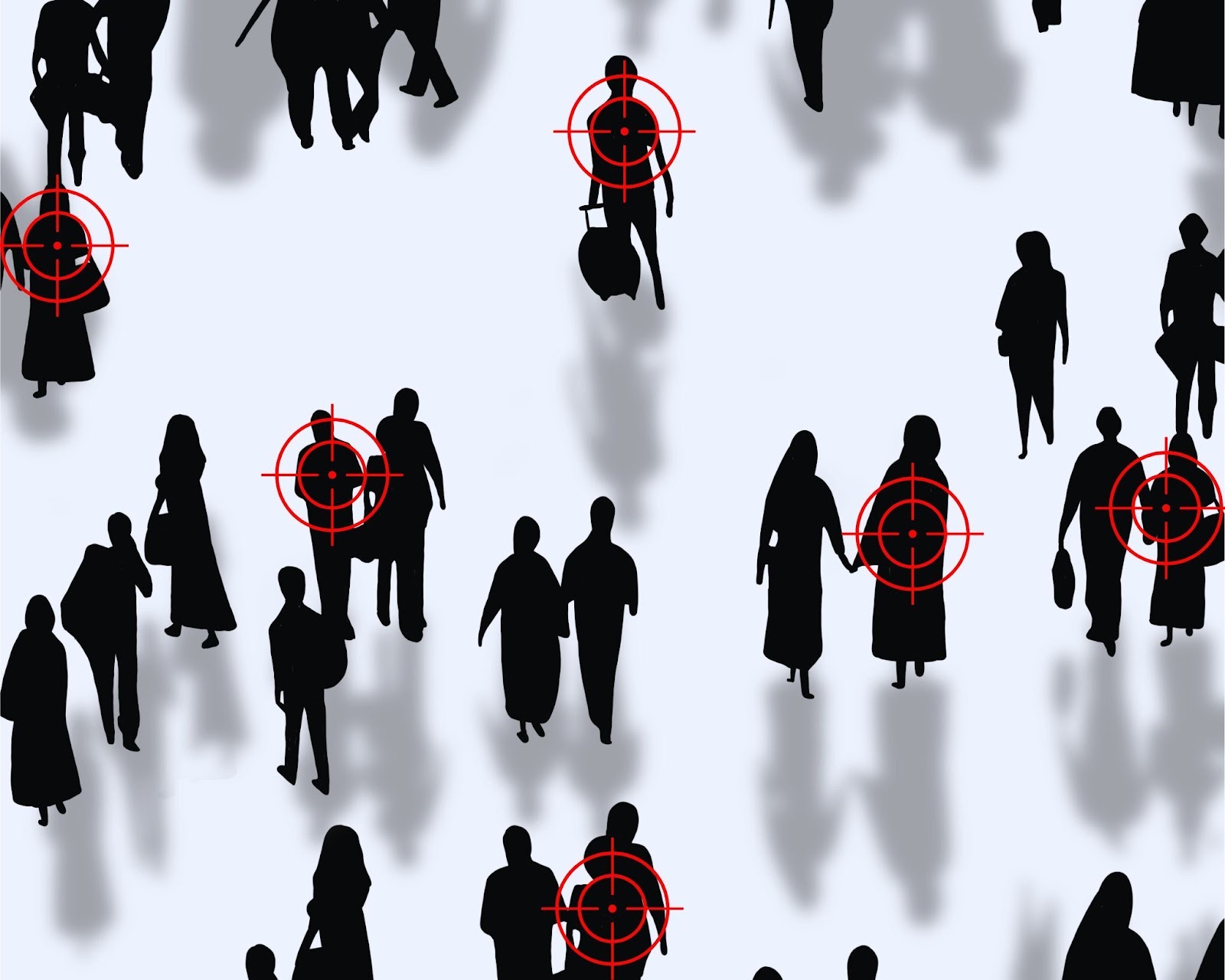The brief ceasefire in Gaza was declared over on March 18 when Israeli missiles were sent flying into the region, killing more than 400 people. Two months later, after near-daily bombings and a blockade of humanitarian aid that has caused widespread starvation, Israel declared its intent to invade and fully annex the Gaza Strip.
The region is plagued by man-made famine while news feeds are saturated with images of bombings and dead or dying Palestinians. Amid the chaos, spectators of the conflict are left with a tragedy so vast in scale it becomes dizzyingly incomprehensible. The mind either spins in search of an explanation or resigns itself to numbness.
But listen to the perpetrators and you will find terrifying clarity. Those with an ear for patterns will hear the echoes — the linguistic and psychological tactics used to justify genocide by past regimes have been passed down like heirlooms to war criminals of the present.
It starts with dehumanization. To acknowledge members of a subjugated population as human is to allow empathy for them. To justifiably eliminate this population, their humanity must be erased. The American colonists knew as much. When the revolution was won and the last British troops embarked back home, the colonists turned westward for expansion only to find Indigenous tribes obstructing their way. The Indigenous peoples then found themselves in the legal, linguistic and literal crosshairs of the American colonists, who would systematically rid the land of Indigenous people and culture by way of legislation and state-sanctioned violence justified by dehumanizing language.
The term “savage” became commonplace when referring to Indigenous people both in official documents and casual conversation. It becomes a lot easier to defy treaties, steal land and murder innocent people when those on the receiving end of this brutality are less human than the facilitator.
The deputy speaker of Israel’s parliament, Nissim Vaturi, espoused similar dehumanizing language in February during a radio interview. “No one in the world wants the civilians in Gaza,” he said. “Everyone is pushing them into Israel. They know that these are scum and subhumans.”
Both words — scum and subhuman — are very important here. The latter is a revocation of humanity and the former vacates all moral nuance. Propaganda during Nazi rule would often combine these ideas to justify violence against Jews. By crafting a narrative in which all members of the outgroup are irredeemable scum, every violent act against them becomes a moral imperative.
Within the Israeli government, Vaturi is far from isolated in this mode of thinking. In a recent parliamentary debate, humanitarian aid worker Dr. Sharon Shaul spoke out against the government preventing food and medicine from entering Gaza, only to be met with government officials vehemently defending the policy. One mustn’t speak of starving Palestinian children, said one official, when Israeli children have died at the hands of Hamas. Another politician, after being shown a model of Gaza’s depleting food supply, denied that anyone in Gaza was truly starving — “not even a single child.”
Five hundred thousand Palestinians are currently facing starvation, and if the blockade continues, 71,000 children will become acutely malnourished within a year. But anything contrary to the black-and-white narrative of good versus evil must be denied, lest the facade of innocence slip. When the narrative becomes convincing enough, outside nations abide and become complicit.
Soon after the International Criminal Court issued warrants for the arrest of Israeli Prime Minister Benjamin Netanyahu and his former defense minister for deliberately attacking civilians and employing starvation as a tactic of war, former President and lifelong Zionist Joe Biden leapt to their defense, calling the warrants “outrageous.” Biden and his presidency would prove immobile in pushing back against Israeli crimes, a fact that would lead to the resignation of more than a dozen U.S. officials and widespread protests across college campuses including UCI.
“God did the State of Israel a favor that Biden was the president during this period,” said Michael Herzog, the former Israeli ambassador to the United States. “We fought [in Gaza] for over a year and the administration never came to us and said, ‘Ceasefire now.’ It never did.”
In late April, the BBC released a new documentary, “The Settlers,” in which filmmaker Louis Theroux interviews militant Zionists to get a better understanding of their beliefs. Among the interviewed was Daniella Weiss, the “godmother” of creating Israeli settlements in occupied territory, who has called for the complete removal of Gaza’s Arab population.
The two overlook Beita, a Palestinian town, from the hilltop of an Israeli settlement and quickly fall into a heated argument. Weiss explains that she has no reason to think of the Palestinians — her only concern is how to bring more people to settle the land. It is normal to prioritize one’s own people, explains Theroux, but to never think about the well-being of others amounts to sociopathy.
“Not at all,” says Weiss. “This is normal.”
The rhetoric of genocide will always run the risk of normalization, so vigilance must be maintained. When we allow the language and narratives of oppression to circulate, it costs people their humanity and their lives.
Nicholas Sherwood is an Opinion Intern for the spring 2025 quarter. He can be reached at nesherwo@uci.edu.
Edited by Jaheem Conley

